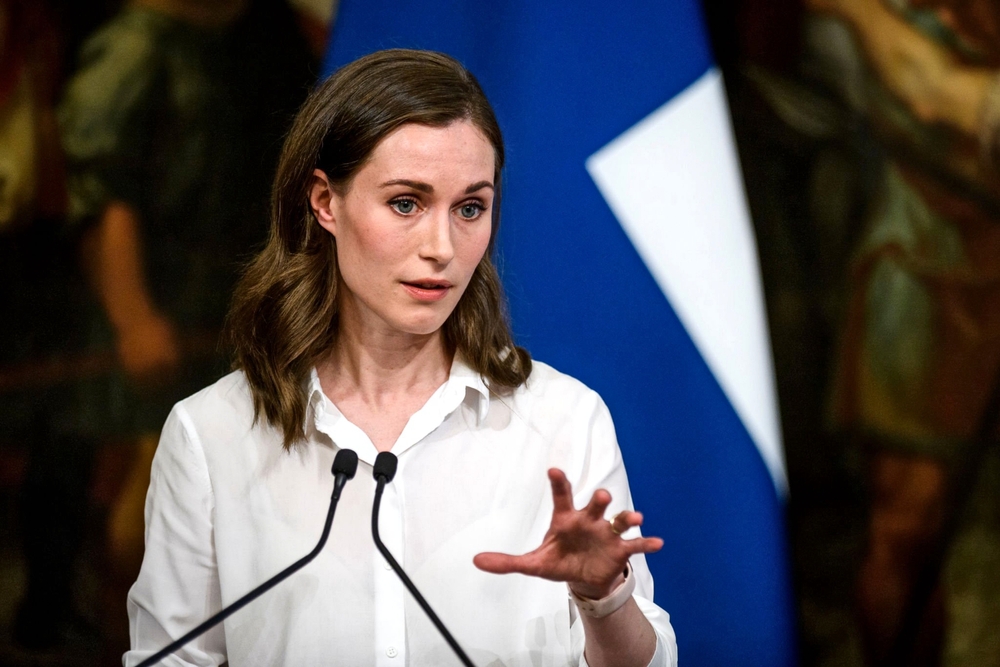After the recent elections in Italy, the country now has the first female prime minister in its history: Giorgia Meloni is the president of the Council of Ministers in Italy. But the translation of this sentence in Italian can create more problems than expected.
In Italian, the word “president” is gender-based, meaning that it can be translated with “il presidente” if referring to a male prime minister, or “la presidente” in the case of a female politician. This year, for the first time in Italian history, this question was asked: how should the new president be addressed?
The answer arrived in the form of a note from the official residence of the prime minister: Giorgia Meloni wants to be called “il presidente del Consiglio dei Ministri”. This choice caused some controversy, relating to the recurring debate about gender-based language in Italy. Every time a woman takes up a position, her choice of assuming a historically neutral masculine or feminine term represents an ideological standpoint. According to Claudio Marazzini, president of the Accademia della Crusca, one of the most important institutions of research on the Italian languages, people using the feminine term “accept[] a historical process now well underway”. On the other hand, those who prefer the masculine terms put a spotlight on “the ideological value of the linguistic options on gender”. Far from being a simple grammatical question, this choice therefore shows the position of those involved towards or against gendering of language.
When choosing how to be addressed in a position, women with a progressive mindset will mainly opt for a feminine declination of the role. This is not just because of grammar rules, but also as a matter of women’s representation in society. In a similar situation, a woman with more conservative ideas will choose a masculine form, as a standpoint and a sign of disagreement with the progressive issue of gendered language: we can suppose that this is exactly the reason behind Meloni’s decision.
In the Italian context, this debate is old news: the latest famous case was Beatrice Venzi, the youngest woman leading an orchestra in Europe and who, in 2021, became the centre of attention regarding her choice of describing herself as “direttore” instead of “direttrice”. Once again, the masculine form was chosen by the young orchestra leader. Venzi justified her choice by explaining that for her “what counts is the talent and preparation with which one does a particular job”. Considering that according to the Italian grammar “direttrice” would be the formal choice, her decision sounds more like a standpoint than a neutral choice because a neutral choice simply does not exist in the Italian language system.
No matter the political inclination of the person involved, when a woman takes up a public position in Italy, a choice must be made. This is particularly true for women in politics. Giorgia Meloni’s—exactly as Beatrice Venzi’s—decision on which form to use as a prime minister had to be a standpoint. With her right-wing conservative stance, using il instead of la is just coherent with her political position. Any other choice would have looked strange given her background and values.
This discussion is only a symptom of a broader issue about how women are perceived when they take an active part in politics, especially in a position of power. And of course, this issue does not only occur in Italy. If we look at how women are perceived worldwide when occupying a powerful position, we can find numerous examples showing a difference in perception and treatment.


One of the most famous and documented cases is the one involving Bill Clinton. The study titled “If Bill Clinton were a Woman” analyses the difference in treatment that men and women involved in politics receive from the media. It proposes the theory that when involved in a scandal female politicians are treated more harshly than their male colleagues. Another famous and more recent case is the one involving the Finnish prime minister, Sanna Marin, who was caught on camera while dancing at a private party. The world’s youngest prime minister faced harsh criticism from the opposition parties following the release of this video and she was even asked to take a drug test. Part of the public had a different reaction to this, with women in Finland but also abroad posting videos of themselves dancing, marked by the hashtag #solidaritywithsanna. In this case, it is again legitimate to ask: what if Sanna Marin was a man? Many question whether the criticism against her would have been as harsh in this case.
According to multiple studies, the answer is no. The article about Bill Clinton explains that “negative behaviours (such as ethics violations) are judged more harshly when the offense is unexpected”. In other words, the media or society is more likely to judge a female politician harshly because, according to gender stereotypes, women are expected less to behave in an unethical way.


These expectations come from the fact that when a woman covers a public role she is perceived first as a woman and then as a politician. In the same way, the linguistic issue shows that the attention is drawn to the politician’s gender when the politician is a woman. In both cases, and every time a female politician is elected, her first political standpoint will be her gender, because, still today, in politics as well as in many other fields the masculine is seen as the norm and a female presence in that same field is an exception to this rule.
By Eugenia Maestrini








